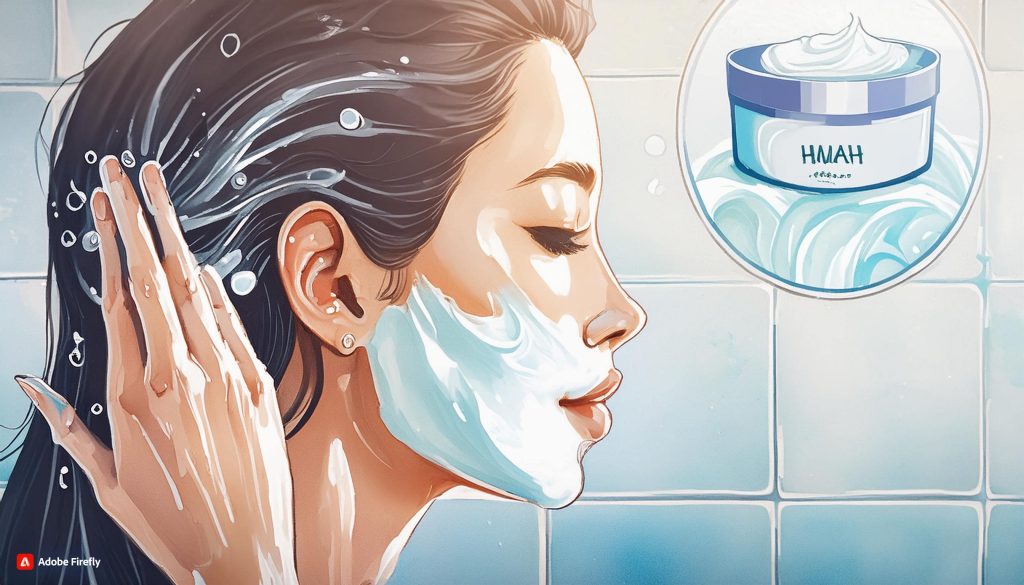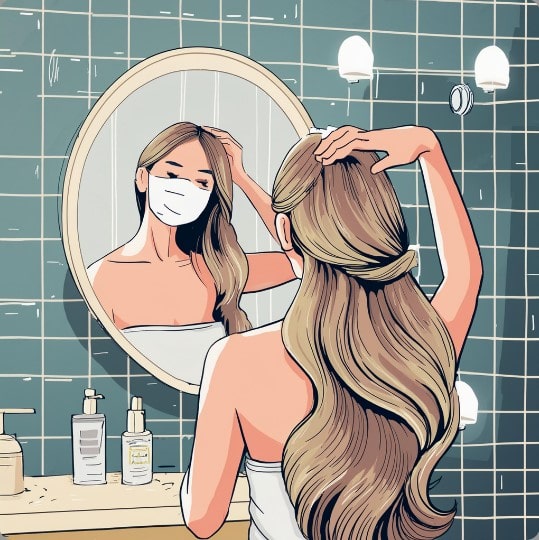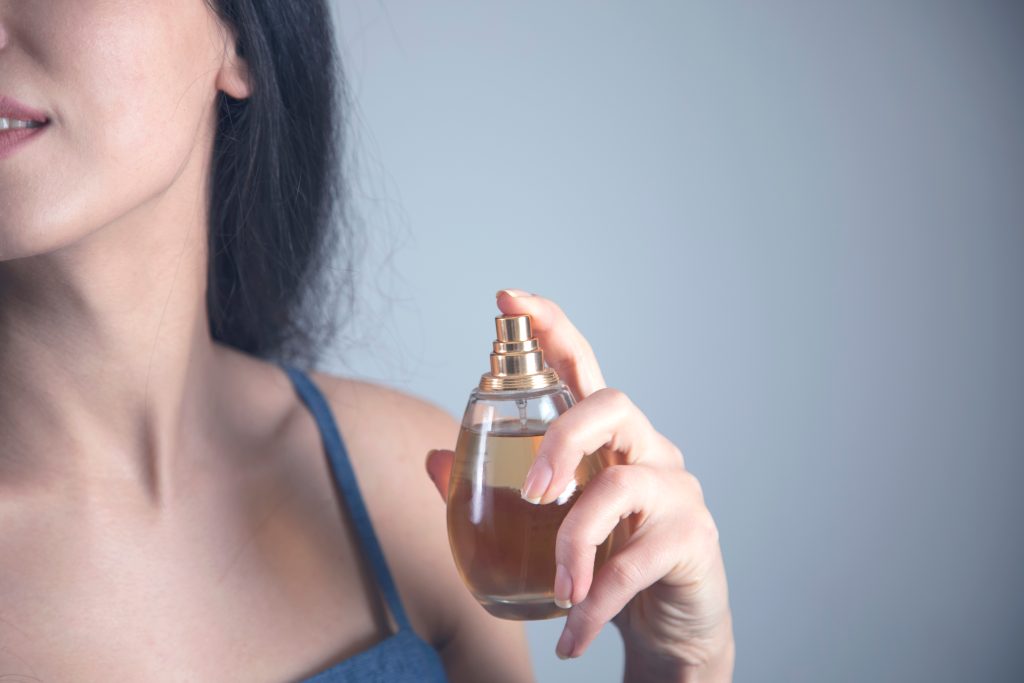Guide for how often should we use a hair mask

So you want to make your hair better because it is damaged, oily or rough? You can fix all of the solutions by using hair mask on a often basis. Hair masks offer deep nourishment and targeted treatment for various types of hair. Whether you have fine, thick, curly, or damaged hair, a hair mask can provide the moisture, repair, and rejuvenation your hair needs. Regular use of hair masks can lead to softer, shinier, and healthier hair.
Determine your hair’s needs for Your Specific hair Type and concerns
Selecting the right hair mask depends on understanding your hair type and its specific needs. Fine hair often requires lightweight formulas to avoid weighing it down on the other side thick hair benefits from richer, more hydrating masks. Curly hair needs moisture and definition, and damaged hair needs repairing and strengthening ingredients. Identifying your hair type and concerns is the first step to getting the full potential of hair masks.
How Often Should You Use a Hair Mask for different Hair Types and Lengths
Understanding how often to use a hair mask depends on your specific hair type, its current condition, and your hair care goals. Here’s a detailed look at expert recommendations and real-life testimonials for different hair types and lengths.
Hair mask on Fine Hair:
Experts recommend using a hair mask once a week for fine hair. Fine hair is more susceptible to buildup, which can weigh it down and make it appear flat. Using a lightweight, volumizing mask weekly helps maintain volume without causing buildup. Keep in mind that less is more when it comes to fine strands!
- Expert Tip: Choose masks with ingredients like hyaluronic acid and peptides that hydrate without adding extra weight.
How often should you apply hair serum on Thick Hair
Use hair mask on thick hair once to twice a week. Thick hair often requires more moisture to stay soft and manageable. Regular use of a deeply hydrating mask ensures that the hair remains nourished and smooth. But If you have very dry and damaged hair you can use a hydrating hair mask two to three times a week. This will help restore moisture and improve the overall health of your locks.
- Expert Tip: Look for masks rich in emollients like argan oil and shea butter to penetrate and moisturize thick strands effectively.Be cautious about protein and clay hair maks.Don’t be overjoyed thinking that vey often usage will help you more.They can be intense. Follow the recommended once a week to avoid potential damage.
Hair Serum application on Curly Hair
Curly hair requires special care due to its unique structure. For curly hair, a hair mask once a week is ideal. Curly hair tends to be drier due to its structure, which makes it harder for natural oils to travel down the hair shaft. Weekly masks help maintain moisture and enhance curl definition.
- Expert Tip: Opt for masks with natural oils and butters, such as coconut oil and shea butter, which provide deep hydration and frizz control.
Hair Serum application on Damaged Hair
Damaged hair may need a hair mask up to twice a week.Hair that has been chemically treated, heat damaged, or over-processed requires more intensive care to repair and strengthen it. Using protein-rich mask regularly helps to rebuild the hair’s structure.
- Expert Tip: Seek out masks containing keratin, collagen, and amino acids for effective repair and strength.
Apply a hair mask on Long Hair
Those who have Long hair should use a hair mask once a week. Because the ends of long hair are older and often more vulnerable to damage. Weekly masking on hair helps to keep the length of the hair healthy and moisturized.
- Expert Tip: Ensure even application by sectioning your hair and focusing on the ends where damage is most likely.
Using Hair mask for your Short Hair:
People with short hair can get the benefit from a hair mask once every two weeks. Short hair don’t require as much intensive care as longer hair, but periodic deep conditioning helps maintain overall hair health. Focus on the mid-lengths and ends, avoiding the scalp. Short hair doesn’t require as much product, so a little goes a long way.
- Expert Tip: Choose a mask suited to your specific hair type and apply sparingly to avoid over-conditioning.
In summary, the frequency of using a hair mask is tailored to your hair type and its needs. By following expert advice and learning from real-life experiences, you can optimize your hair care routine for healthier, more beautiful hair. Regular use of hair masks not only improves hair appearance but also enhances its overall health and manageability.
4. Choosing the Right Hair Mask for Your Hair Type
Best Hair Masks for Fine Hair
Lightweight and Volumizing Masks
Fine hair benefits from masks that add volume without weighing it down. Look for products with lightweight, hydrating ingredients like hyaluronic acid and peptides.
Recommended Products:
- L’Oréal Paris Elvive Total Repair 5 Power Restore Multi-Use Treatment: A versatile option that strengthens and adds volume.
- OUAI Fine to Medium Hair Treatment Masque: Designed specifically for fine hair, providing hydration and lift.
Best Hair Masks for Thick Hair
Deep Conditioning and Hydrating Masks
Thick hair requires rich, emollient masks that penetrate deeply to provide lasting moisture and manageability.
Recommended Products:
- Briogeo Don’t Despair, Repair! Deep Conditioning Mask: Infused with rosehip oil and algae extract for intense hydration.
Best Hair Masks for Curly Hair
Moisturizing and Defining Masks
Curly hair thrives on moisture. Look for masks with natural oils and butters that enhance curl definition and combat frizz.
Recommended Products:
- SheaMoisture Raw Shea Butter Deep Treatment Masque: Packed with shea butter and essential oils for ultimate moisture.
- DevaCurl Melt into Moisture Matcha Butter Conditioning Mask: Provides intense hydration and curl definition with matcha butter.
Best Hair Masks for Damaged Hair
Repairing and Strengthening Masks
Damaged hair needs masks with protein and strengthening agents to repair broken bonds and improve elasticity.
Recommended Products:
- Olaplex No. 8 Bond Intense Moisture Mask: Repairs and strengthens with the patented Olaplex Bond Building technology.
- Redken Extreme Strength Builder Plus Fortifying Mask: Fortifies and repairs damaged hair with protein and ceramides.
5. Tips for Maximizing the Benefits of hair care Using a Hair Mask
To get the most out of your hair mask, follow these tips:
- Apply on Damp Hair: Ensure that your hair is slightly damp for better absorption.
- Distribute Evenly: Use a wide-tooth comb to spread the mask evenly from roots to ends.
- Heat It Up: For deeper penetration, cover your hair with a shower cap and apply heat using a hair dryer.
- Rinse Thoroughly: Ensure no residue is left to prevent buildup and maintain hair’s natural shine.
- Complementary Products: Use sulfate-free shampoos and conditioners to extend the benefits of your hair mask.
6. Common mistakes to avoid when you apply a hair masks
Avoid these common pitfalls for the best results:
- Overusing: More is not always better; follow the recommended frequency for your hair type.
- Applying to Dirty Hair: Always apply masks to clean hair for optimal absorption.
- Skipping the Scalp: Don’t neglect your scalp; it needs nourishment too.
- Using Heavy Masks on Fine Hair: Stick to lightweight formulas to avoid weighing down fine hair.
Incorporating hair masks into your routine can transform your hair health, offering targeted solutions for various hair types and concerns. By choosing the right mask and using it correctly, you can achieve softer, shinier, and more manageable hair. Share your hair care journey with others and discover the benefits of regular hair mask use.



